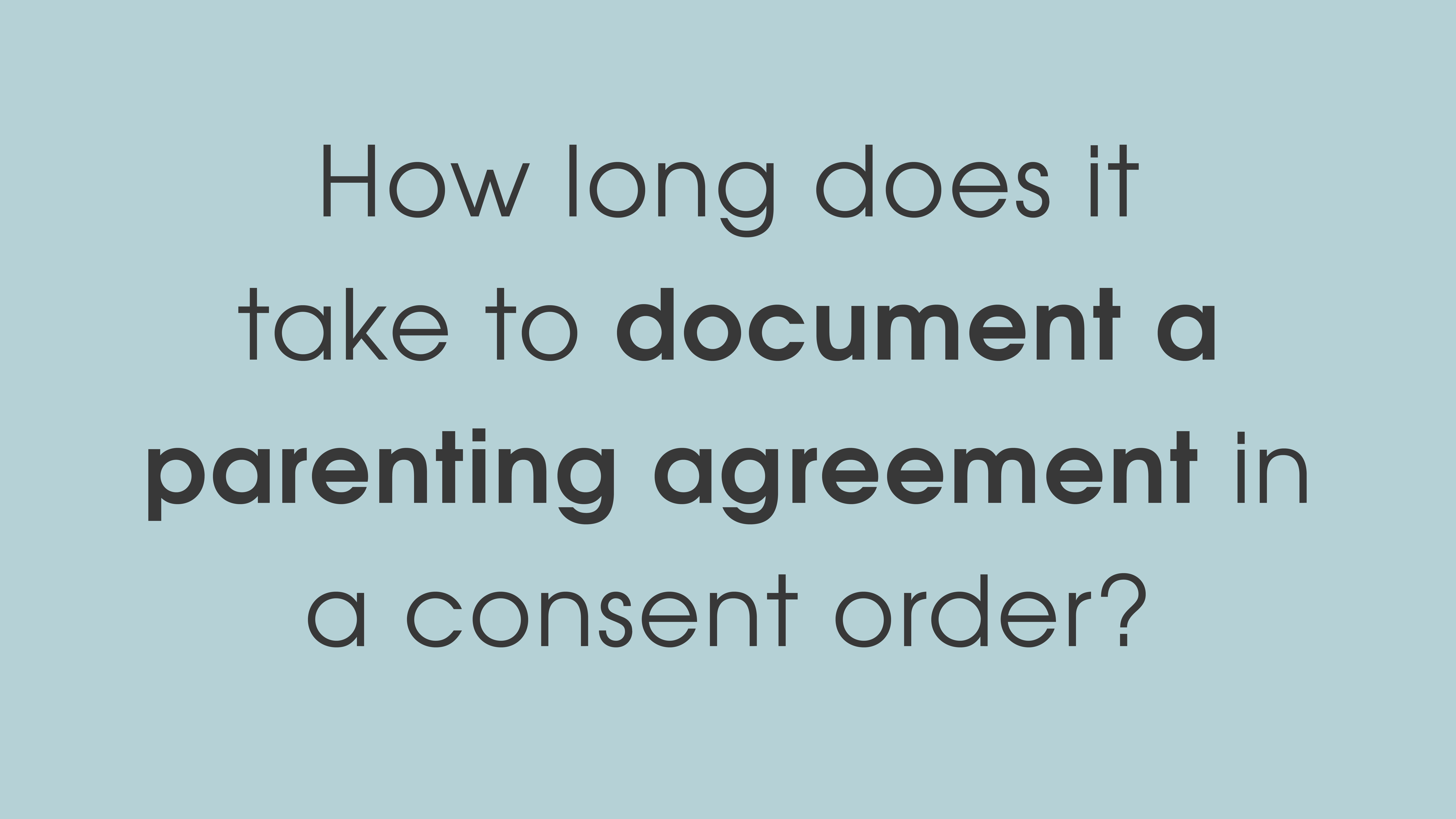Prioritising Self-Care In Divorce: A Necessity, Not A Luxury

Divorce is a challenging life event that can have profound emotional, psychological, and even physical effects. While the legal aspects of divorce can be consuming, it’s crucial to pay attention to self-care during this tumultuous time. In this article, we’ll explore what self-care means, why it’s essential, and provide practical strategies to prioritise self-care during your divorce.
What is Self-Care?
Self-care encompasses many activities, practices, and habits that promote physical, emotional, and mental well-being. It’s about taking intentional steps to nurture and care for yourself, particularly during times of stress or difficulty. Self-care is not a one-size-fits-all concept; it’s highly individual and can vary significantly from person to person.
Why is Self-Care Important in Divorce?
Divorce often triggers a whirlwind of emotions, including grief, anger, anxiety, and sadness. Self-care practices can help you manage these emotions, maintain emotional stability, and build resilience. Prioritising self-care can prevent or alleviate conditions such as depression and anxiety and assist you generally in managing your mental health.
If you neglect your self-care, it can lead to physical health issues, including sleep disturbances, weight fluctuations, and weakened immune function. Taking care of your body is essential during this challenging period.
When you take care of yourself, you will have clear and focused thinking, which is critical when making important decisions during divorce. Mental clarity allows you to make more informed choices about issues that may arise.

What Can You Do?
Consider therapy or counselling to help you process your emotions, gain insight, and develop coping strategies. A professional can provide guidance tailored to your specific situation. Practice mindfulness or meditation to help calm your mind, reduce stress, and gain perspective on your situation. Even short daily sessions can make a difference.
Maintain a balanced diet, regular exercise routine, and get enough sleep. These fundamentals of physical self-care can significantly impact your emotional well-being. Lean on your support system, including friends, family, or support groups. Sharing your experiences and feelings with others can provide comfort and validation.
Establish clear boundaries with your ex-spouse or partner to reduce conflict and minimise stress. Define what communication is necessary and what can be delegated or postponed. Take breaks from divorce-related stressors. Engage in activities you enjoy, whether hobbies, reading, or spending time with friends.
Create a budget and financial plan to ensure financial stability during and after the divorce. Financial stress can exacerbate emotional turmoil, so taking control of your finances is crucial. Seek up-to-date advice from a lawyer who specialises in family law. Having legal information about your matter will help you to feel more empowered about the decisions you need to make.
Self-care is not a luxury during divorce; it’s a necessity. Prioritising self-care is an act of self-compassion that can help you weather the emotional storm of divorce with greater resilience and strength. By tending to your physical, emotional, and mental well-being, you can emerge from this challenging period with a renewed sense of self and a brighter outlook. Remember that self-care is not selfish; it’s an essential foundation for healing and rebuilding your life after divorce.





